Have you noticed a number of people are saying some variation on, “I just can’t WAIT until these restrictions are lifted”?
The trouble is, in our fast-paced, hurry-up culture, we’re not good at waiting. Waiting for a streaming movie to buffer, waiting for the light to turn green, waiting to see how the coming months will unfold—staying calm in the midst of all this waiting does not come easily.

While we are all acutely aware of the life-or-death crisis affecting essential workers and families affected by COVID-19 right now, and our hearts and prayers are of course with them, most people are sheltering at home. In this scenario, this time of stasis for the homebound is both a luxury and a challenge.
Sadly, waiting is often perceived as wasted time, a kind of liminal space in which we are “betwixt and between.” But the truth is that if we learn to perceive and use this time mindfully, we will see that each moment of our fleeting lives is precious—and the concept of “waiting” itself is something to reconsider.
Creating a new relationship with “waiting” demands acknowledgment, desire, and practice.
Acknowledging impatience
Ask yourself if you feel impatient when you have to wait. You can do this by exploring past situations that have required waiting. How have you felt impatient waiting for food at a restaurant? What has it been like when you’ve had to wait at the doctor’s office? Has waiting in normal times been a challenge for you? If so, this period of waiting is probably even more of a challenge for you under the current COVID-19 restrictions.

Desiring to change
After you acknowledge that waiting is a challenge for you, you have the opportunity to reframe it into a positive experience. Developing a desire to bask in what I call a “quiet calm” can have a major impact on five areas that impact your quality of life— your physical, cognitive, emotional, social and spiritual selves.
Can you befriend any fear you might have related to waiting? Can you give yourself permission to do nothing, to simply BE? Obviously, being still is the opposite of needing to focus on being busy and accomplishing something. Waiting reminds you to counter any potential work addiction you might suffer from and to value yourself for being in contrast to doing.
If you do not learn to slow down and wait, you put yourself at risk for fall-out symptoms such as alcohol and drug abuse, psychosomatic symptoms, breakdown of your immune system, and, in particular, debilitating anxiety and depression.
I believe that you can learn to live these in-between days and weeks in a state of “quiet calm” while also respecting your yearning to return to your former pace, but only if you allow yourself to be humbled. Only if you don’t perceive this temporary time-out as a waste of time. Only if you see it as an opportunity to relax, have meaningful conversations, rest, and even rediscover your true priorities in life.
If you would like to develop this ability to live in the present, then you have the desire you need to move into practicing your new way of being.

Practicing quiet calm
With acknowledgment and desire as a foundation, you are ready to begin practicing the skill of living each moment in a state of mindful presence. There are many ways to work on learning how to inhabit quiet calm. Here are just a few.
– Mind the gap
Train yourself to notice the space between stimulus and response. When something happens that makes you feel impatient, before you respond with your usual thoughts or gestures of anger or annoyance, stop and choose a more mindful, quiet-calm response.
– Nurture your spirit
Use the time to give attention to your spirituality and your underlying beliefs and values. Pray, read spiritual texts, watch spiritual videos, and contemplate the eternal.

– Sit in stillness
Learn to sit in stillness and simply observe what is happening around you. Pay attention to all the amazing things you can experience with your five senses. Meditation is an alternate method of sitting in stillness. In meditation, you go inward instead of observing the outward.
– Stay connected
Reach out to other people. This strengthens the bonds of love that make life worth living.
– Love yourself
It is a gift to be alive, and you are a unique human being capable of giving and receiving love. Use moments of quiet calm to silently affirm this to yourself.
– Journal thoughts and feelings
Journaling creates a safe place of solace, a place where you can fully express yourself no matter what you are experiencing.

– Allow yourself to sigh
When you sigh, you resign yourself to something; you are accepting what is.
– Banish worry
Worry tends to find a foothold in moments of waiting. If you find yourself worrying, that means you are thinking about future “what ifs” instead of experiencing this moment.
– Engage your body
When you find yourself slipping into worry or impatient waiting, do something active. Go for a walk. Grab a broom and sweep. Putter in the garden.
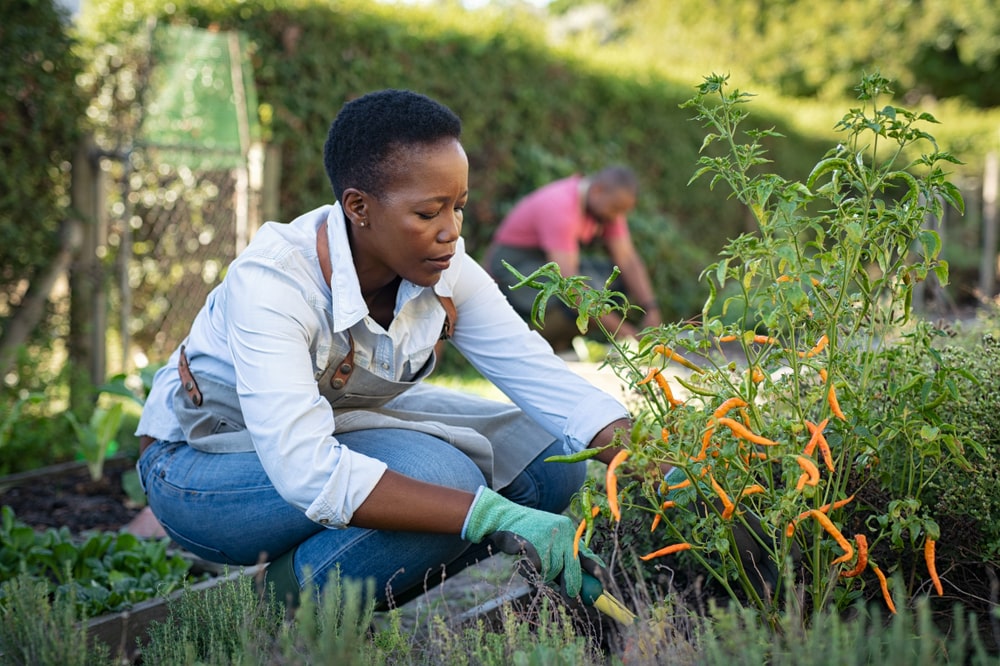
– Cultivate kindness
Mindfulness and kindness go together like soil and seed. In this moment there is no baggage, which lives in the past, there is only empathy and appreciation. Expressed empathy and appreciation is kindness.
– Be generous
Use this time to practice generosity. You can give away possessions you no longer need but someone else can use, for example. You can gift someone with a book you believe may help them. “Do good things, and good things will follow” is the mantra I try to live by.
– Elevate the ordinary
It doesn’t matter what you are doing. If you are doing it mindfully, you are living in the now, and you are experiencing quality time. Mindfulness makes all your day-to-day tasks more special.

– Be more intentional about little decisions
The next time you pick up your phone to mindlessly scroll, for example, or the TV remote control to mindlessly channel surf, stop and ask yourself about your intention in that moment.
– Appreciate slowness
Impatience with waiting is, in part, impatience with slowness. But the profound truth is that slower is often better. A meal prepared and eaten slowly is a sensual feast. A book read aloud is a memorable experience.
– Be childlike
Children may not be good at waiting or spending time in quiet calm, but they are masters at living in the moment. When they’re at play, they’re completely engaged. In fact, play is mindfulness in motion. So, play like a child.

– Breathe
If you find yourself anxious or impatient, pay attention to your breath. Breathe in to a count of five, and breathe out to a count of five. Do this as many times as it takes to find your sense of quiet calm returning.
– Daydream
Daydreaming, wishing, and hoping are all precursor activities. They help us imagine and clarify our best futures. Making a vision board is an in-the-now activity to capture and set your intentions to realize your dreams.
– Embrace humility
Entering a moment with humility means trying not to judge or stress, preplan or control. Subdue your ego, and instead be open and receptive to whatever the moment brings.
– Choose effectiveness over efficiency
Efficiency often means getting things done quickly but mindlessly. Effectiveness means first reflecting on why we are doing what we’re doing, then choosing the best, most mindful path.
– Heed your divine spark

I believe our spirits know why we’re here on earth. All we have to do is notice what makes our divine sparks grow stronger or weaker, then make choices about how to spend our time accordingly.
In this dormant period, many of us have extra time to spend on these quiet-calm activities. And in doing so, we will discover that the wonder of waiting is that there is no such thing as waiting—there is only ever living each moment as it arises. It turns out that the very concept of waiting is a myth constructed by the ego. In fact, with the exception of the significant reality that we may be temporarily physically separated from loved ones, this rare opportunity to practice living in the now is a taste of life at its best.
The wonder of waiting is that if we use this hiatus to practice quiet calm, when restrictions are lifted we will be equipped to return to our “old normal” as changed people. Life will never be the same, but in a good way. And imagine what this world can be if even a small percentage of the seven-and-half billion of us are transformed into more patient, mindful, kind, and humble people.
Right now, I invite you to use the next moment to call someone you care about and let them know that you love and miss them, but until you can see them again, you are putting this waiting period to the best possible use.
About the Author
Alan D. Wolfelt, Ph.D., is a respected author and educator on the topics of companioning others and healing in grief. He serves as Director of the Center for Loss and Life Transition and is on the faculty of the University of Colorado Medical School’s Department of Family Medicine. Dr. Wolfelt has written many bestselling books, including One Mindful Day at a Time: 365 Meditations on Living in the Now. Visit www.centerforloss.com to learn more.





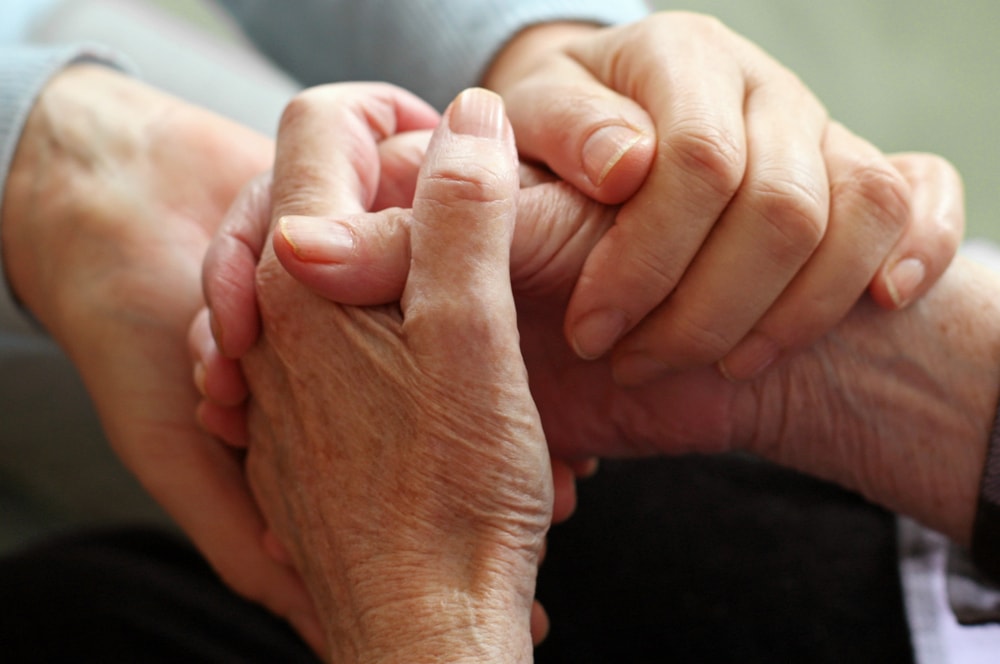
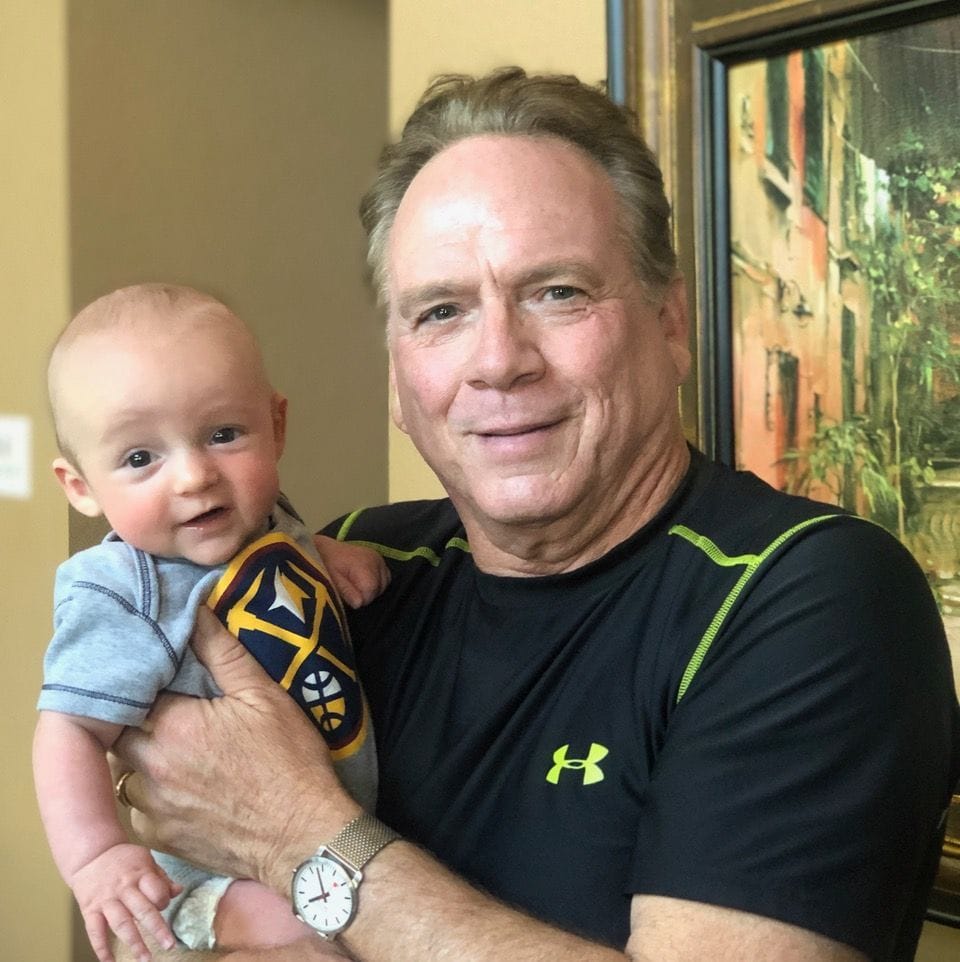
 Tips for feeding your touch starvation
Tips for feeding your touch starvation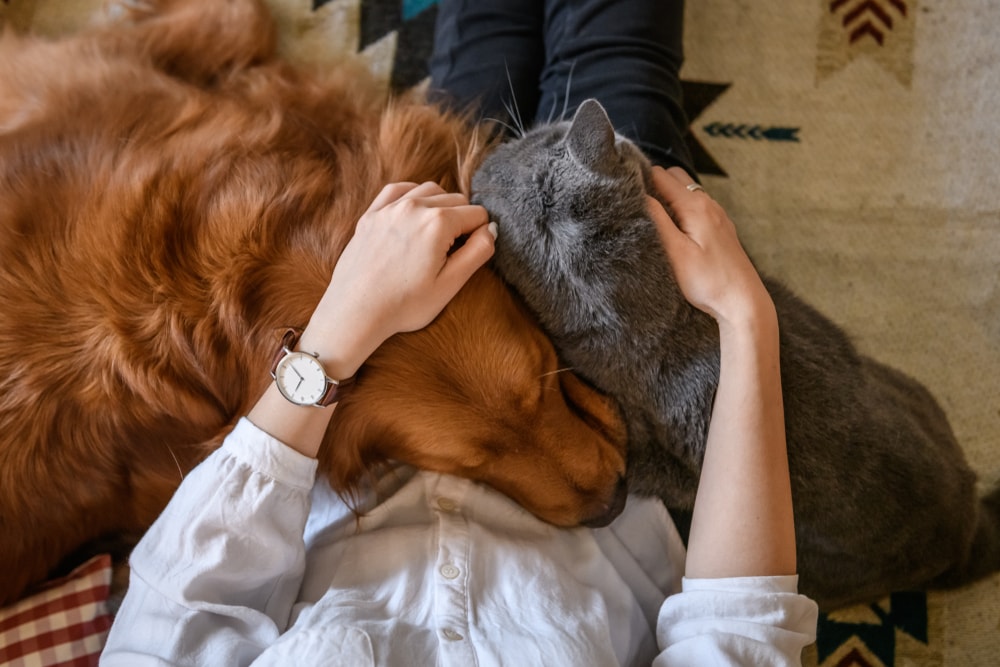
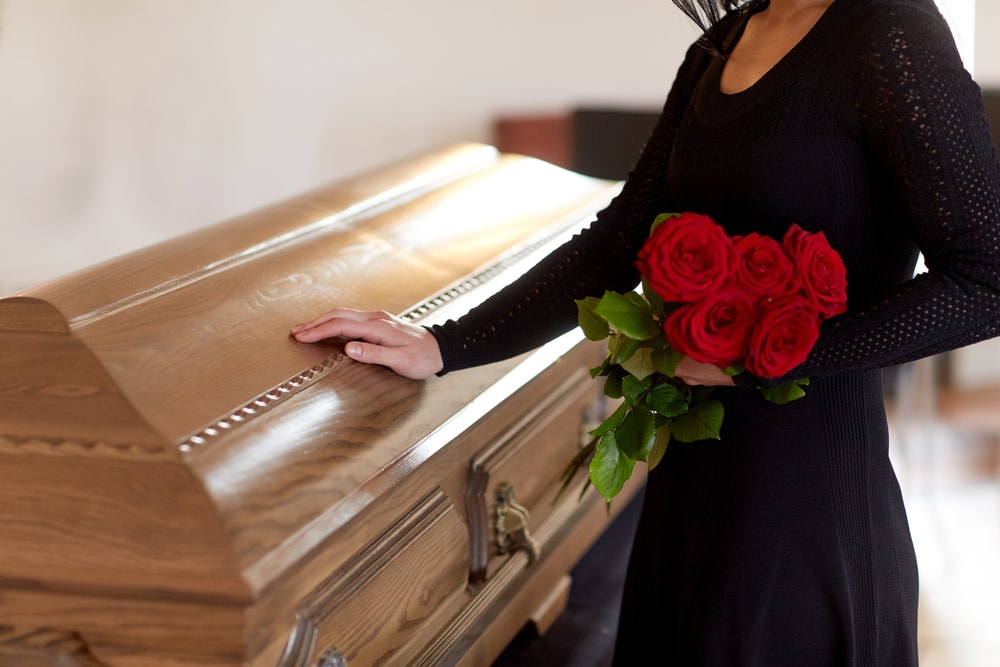

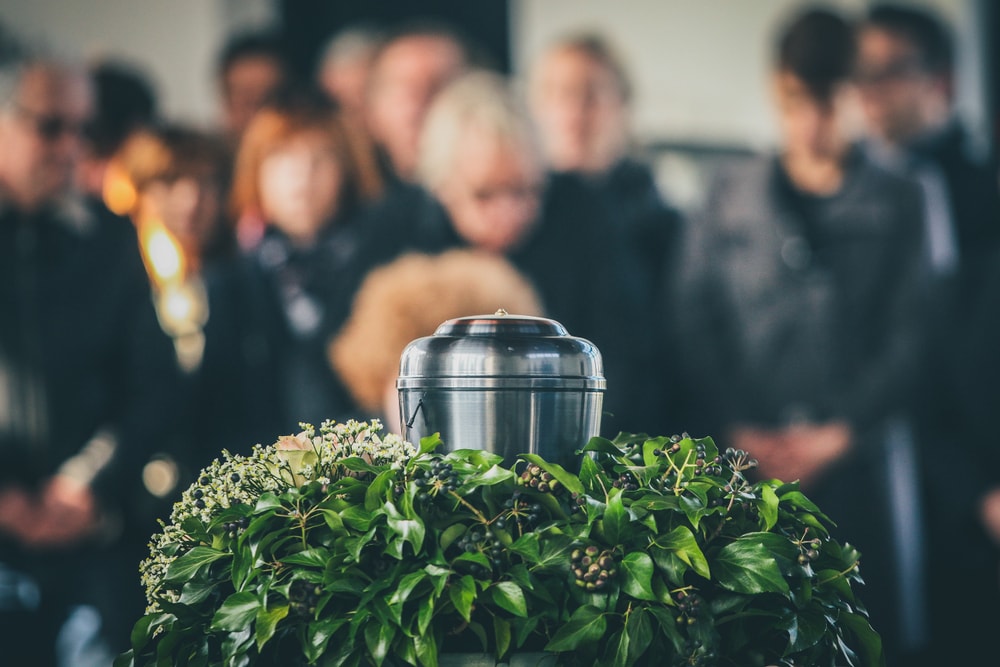
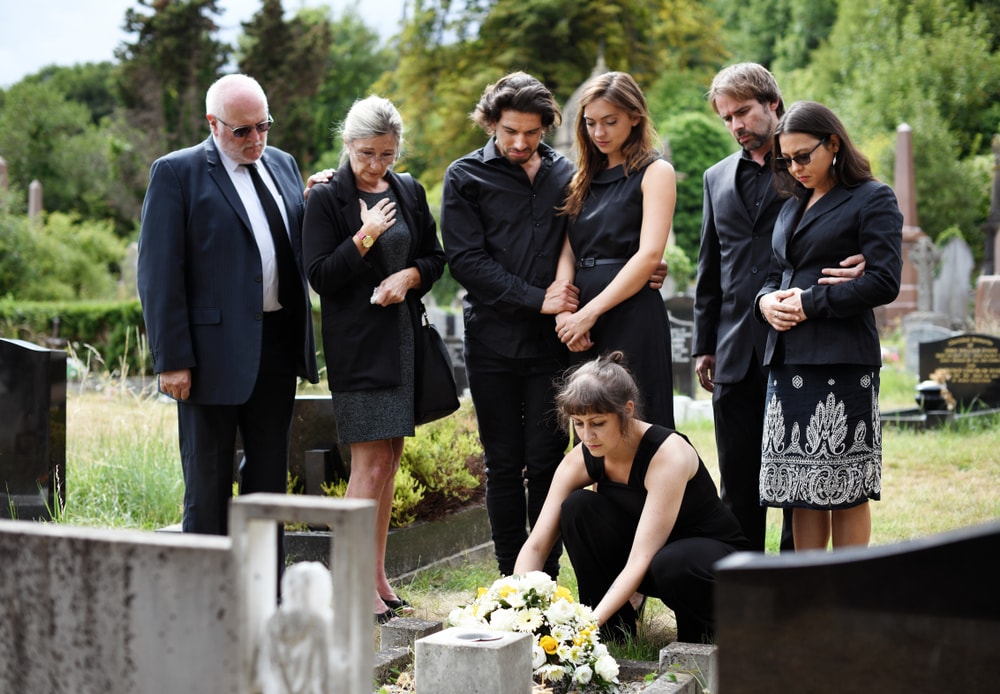


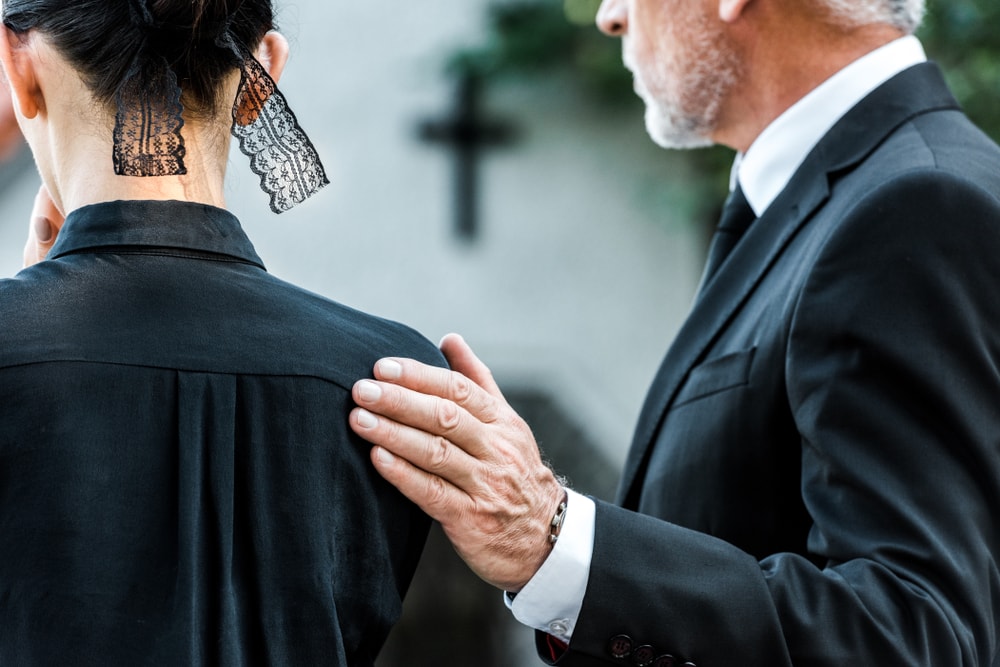



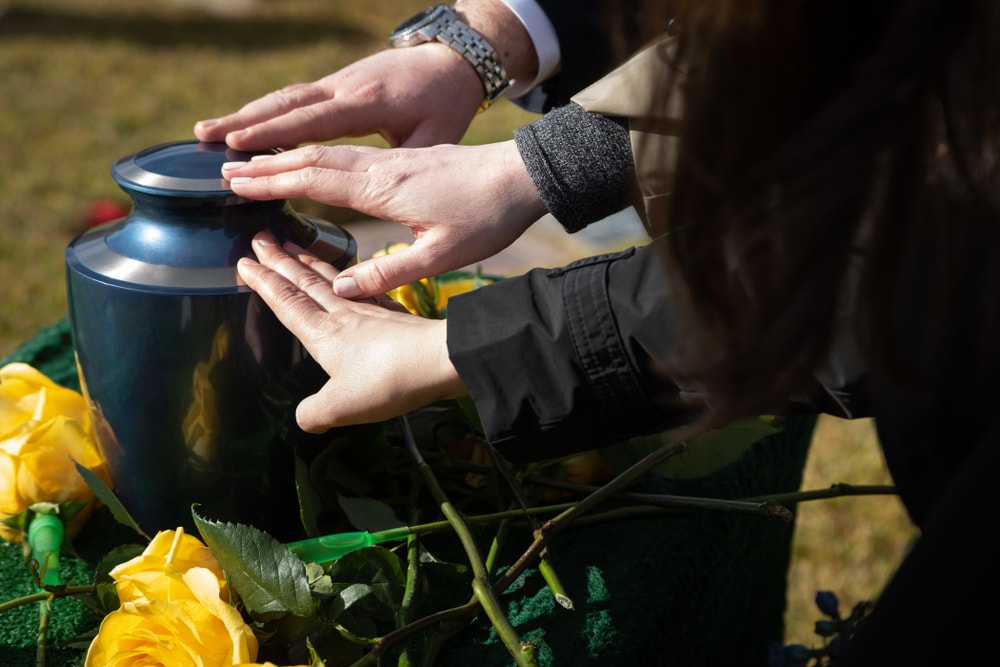
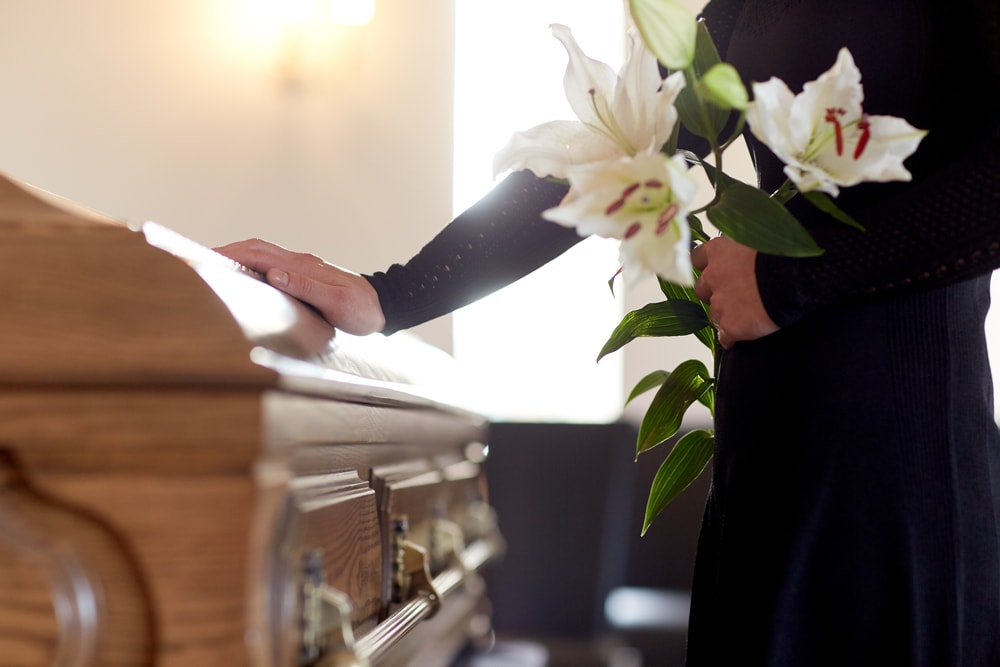


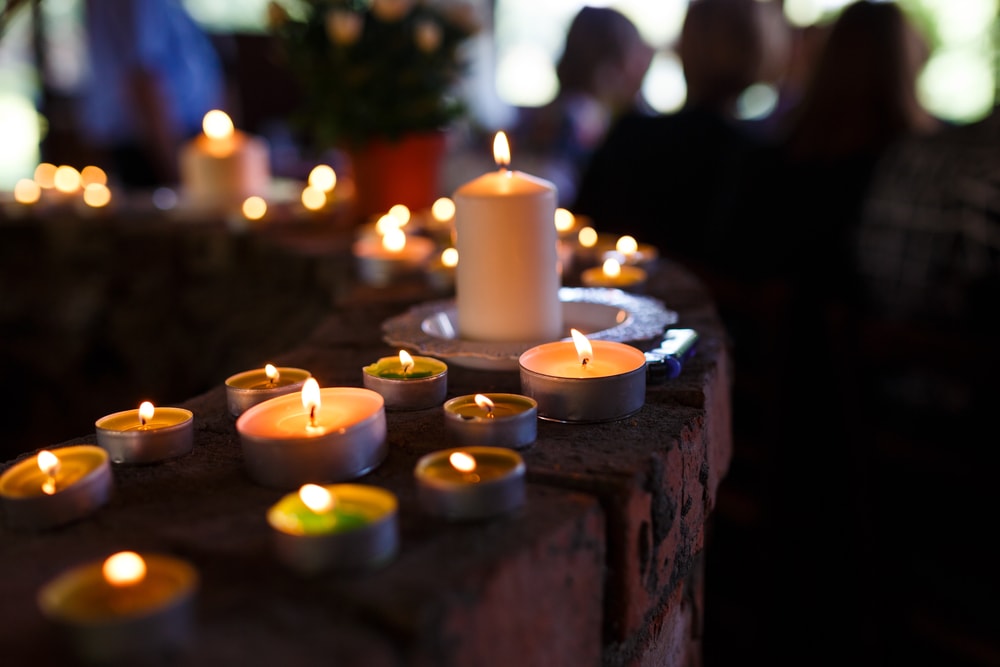


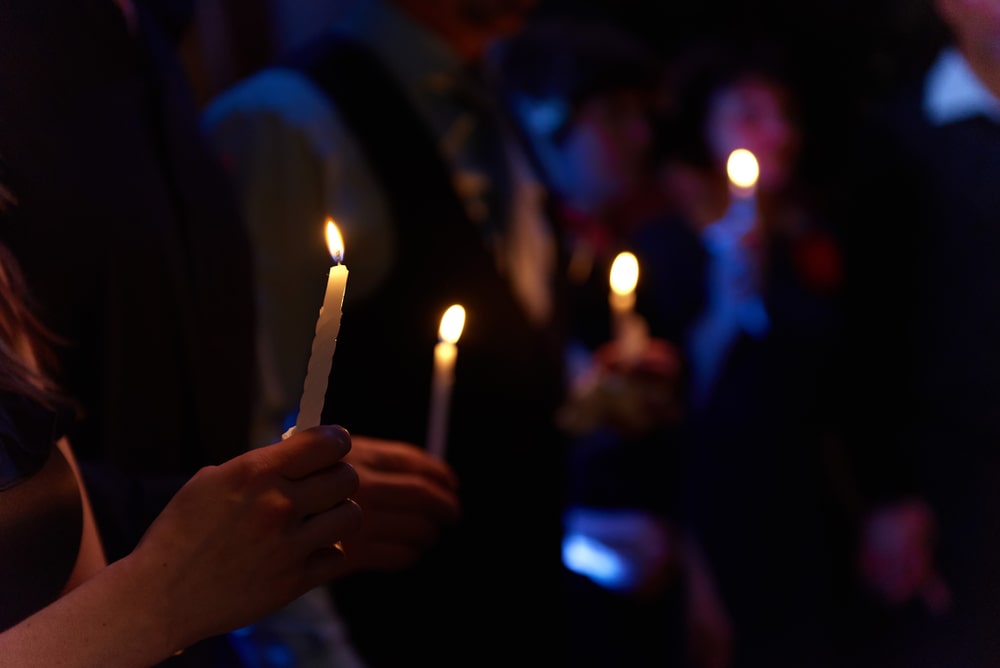




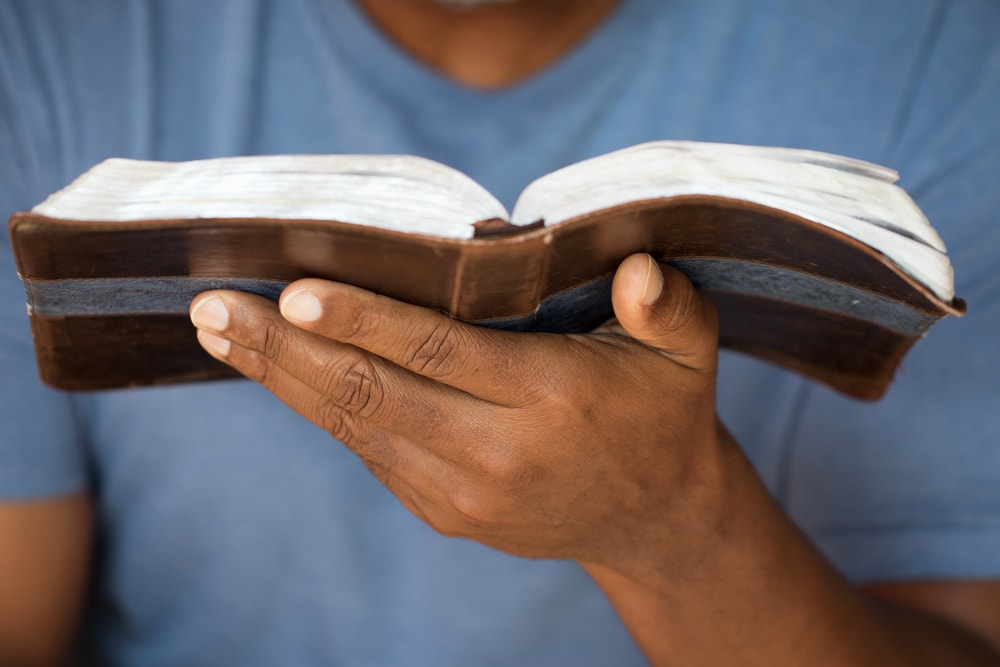 8. You have the right to search for meaning.
8. You have the right to search for meaning. 10. You have the right to move toward your grief and heal.
10. You have the right to move toward your grief and heal.










 This triangle graphic captures the purposes of the funeral ceremony. It puts the simplest and most fundamental reasons on the bottom and works it way up to more esoteric yet significant reasons. Let’s review each “WHY,” then let’s consider how COVID-19 is interfering…and what you can do about it.
This triangle graphic captures the purposes of the funeral ceremony. It puts the simplest and most fundamental reasons on the bottom and works it way up to more esoteric yet significant reasons. Let’s review each “WHY,” then let’s consider how COVID-19 is interfering…and what you can do about it.



